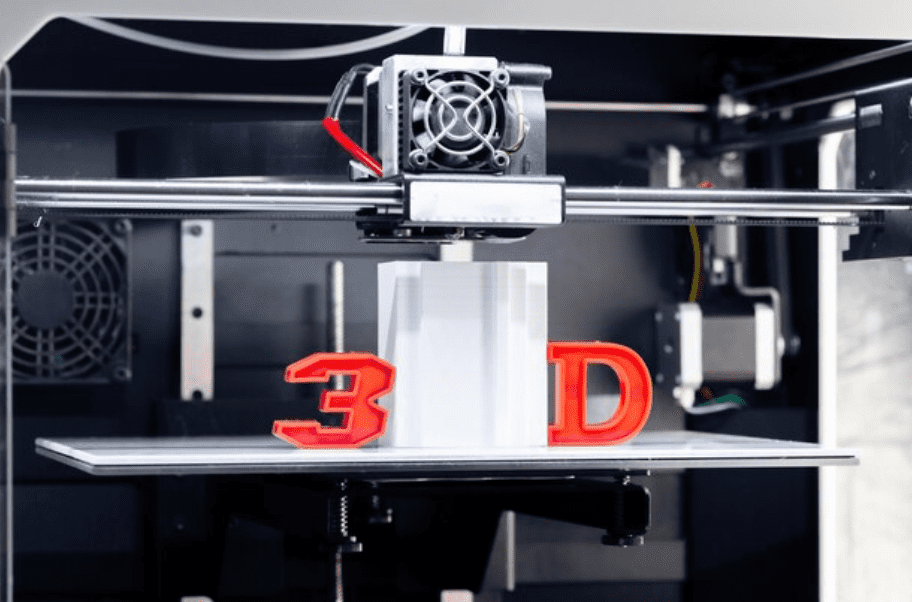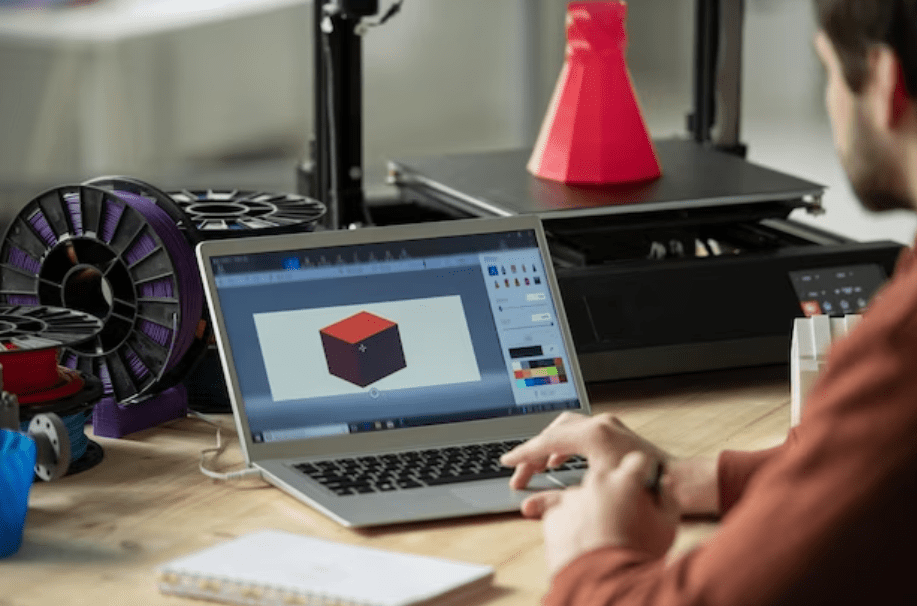3D sourcing is an innovative procurement strategy that leverages three-dimensional printing technology to obtain necessary components or materials. It revolutionizes traditional sourcing methods by minimizing costs, shortening lead times, reducing waste, and offering unprecedented customization capabilities, creating both ecological and economic efficiencies. 3D sourcing, referring to procurement using 3D printing technology, emerged around 2003 with the broader advent of accessible 3D printing. As technology improved and costs declined, businesses started recognising it for rapid prototyping, unique part creation, and supply chain simplification. 3DSourced has since revolutionized traditional sourcing practices.
Understanding 3D Sourcing
Detailed discussion about how 3D Sourcing works
3D sourcing involves the practice of finding, assessing, and procuring products created using 3D printing technology. It often involves partnerships with specialized suppliers and requires an understanding of 3D design, materials, and printing techniques. This growing field adds a new dimension to traditional procurement methods, enhancing product customization and reducing lead times.
Importance of integrating 3D Sourcing in business
The integration of 3D sourcing in business is invaluable. It enhances product visualization, allowing potential customers to fully comprehend product features. It also facilitates rapid prototyping, reducing production costs and time. This creates a competitive advantage and boosts profitability through increased sales and customer satisfaction.
Analysis of current market trends in 3D Sourcing
3D Sourcing is gaining traction in the current market, driven by digital transformation. The trend is pivotal in industries like product designing, manufacturing, and construction. Key contributors are technology advancements enhancing the system’s efficiency, and the increasing adoption rate due to cost and time-saving benefits.
Benefits of 3D Sourcing
Speed and Efficiency in the production process
Efficiency and speed are crucial in any production process, as they directly impact productivity, cost, and customer satisfaction. Efficient processes minimize wastage, conserve resources and reduce production time. An optimized, speed-driven process can significantly boost a company’s competitiveness and its bottom line.
Cost-effectiveness and resource optimization
Cost-effectiveness and resource optimization are crucial for business sustainability. They involve strategic planning to gain the maximum benefit from available resources while minimizing cost. It encompasses efficient use of resources, reducing wastage, and exploring cost-effective alternatives, leading to improved business performance and profitability.
Fostering creativity and design customization
Fostering creativity and design customization is pivotal for innovation in the current digital world. It energizes individual uniqueness, guiding users to share their creative ideas. This process aids in generating diverse solutions, transforming ordinary concepts into captivating and practical designs, thereby unleashing endless potential.
Environmental sustainability and waste reduction
Environmental sustainability involves maintaining our natural resources for future generations. It requires a significant focus on waste reduction, minimizing the amount of discarded materials. This can be achieved through strategies like recycling, reusing, and reducing consumption, contributing to a healthier, more sustainable planet.
Innovative Solutions for 3D Sourcing
Analysis of advanced software and technologies applied in 3D Sourcing
Advanced software and technologies play a crucial role in 3D sourcing. They enable complex modelling, simulation, and rendering processes to create realistic 3D models. Cutting-edge technologies such as CAD, CAM, and AI-driven automation tools streamline the 3D sourcing process, reducing time and manual effort while driving higher accuracy.
Role of Artificial Intelligence and Machine Learning in 3D Sourcing
Artificial Intelligence and Machine Learning play pivotal roles in 3D sourcing, boosting efficiency and precision. They enable automatic object recognition and analysis of 3D designs. With predictive algorithms, sourcing decisions are informed by analyzing data patterns, significantly improving material selection and procurement.
Application of Virtual and Augmented Reality in 3D Sourcing
Virtual and Augmented Reality (VR/AR) is revolutionizing 3D sourcing. These technologies enable realistic, immersive interactions, providing a clearer understanding of product dimensions and design. Using VR/AR in 3D sourcing is transformative, enhancing communication efficiency, accelerating production, and improving product quality. This innovation signifies a modern breakthrough in manufacturing and design.
Case Studies of Success in 3D Sourcing
Review of companies effectively using 3D Sourcing
Several companies globally are successfully leveraging 3D sourcing to streamline their production processes. Companies like GE, Boeing, and Adidas have adopted 3D printing technologies to source parts efficiently. These companies have managed to reduce costs, enhance customization, and drastically cut lead times, revolutionizing traditional supply chains.
Analysis of the impact of 3D Sourcing on their success
3D Sourcing has significantly bolstered success in multiple sectors. Its impact is evident in accelerated production processes, cost reduction, and customized solutions. Enhancements in product quality and sustainability have also been applaudable outcomes. Overall, 3D sourcing is a revolutionary development enabling a competitive edge in a fast-paced market.
Challenges and Solutions in Using 3D Sourcing
Review of potential issues and obstacles in 3D Sourcing
3D sourcing stands as a revolutionary leap in manufacturing, but it’s not without potential issues. Obstacles range from substantial initial investment, lack of expertise in 3D modelling and printing, rigid copyright laws, and quality inconsistency. Additionally, the issue of manufacturing speed may affect production efficiency in 3D sourcing.
Presenting innovative solutions to overcome these challenges
Presenting innovative solutions to confront challenges involves addressing the root of the problem, brainstorming creative strategies, and executing effective actions. These solutions often incorporate advanced technology and novel approaches, enabling organizations to surmount difficulties, foster growth, and boost their performance in competitive markets.
The Future of 3D Sourcing
Predicted trends and advancements in 3D Sourcing
Experts predict remarkable advancements in 3D sourcing in the near future. Trends suggest its integration with blockchain technology and artificial intelligence for enhanced precision and efficiency. Additionally, the global adoption of sustainable materials for 3D printing is expected, further driving the industry’s environmental sustainability.
The potential impact of these trends on businesses and industries
The current trends such as digital transformation, sustainable practices, and AI integration hold great potential impact on businesses and industries. They could revolutionize operations, and enhance customer engagement and efficiency. However, they could also pose challenges including resource allocation, technology adaptation, and data security.





































